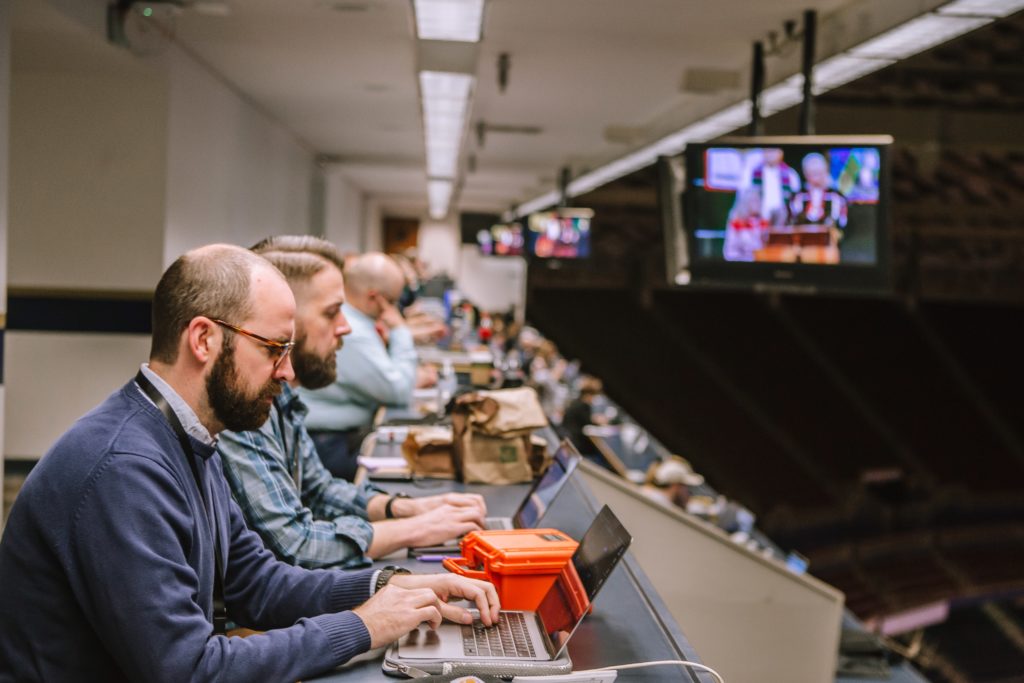

There is a tension in the air at the Special General Conference.
Matters are moving faster than in General Conferences past, only to be interrupted with long periods of redundant reports being read aloud.
People are hanging on every word in the knowledge that what is happening in this place will be the subject of conversation for decades to come – seminarians will cut their teeth on the theology discussed during these sessions – people will look back on this being the litmus test for whether they stayed or left.
I’ve been fortunate to speak with a lot of people: Bishops, Delegates, Observers, The Press. And most of them begrudgingly offer their thoughts and opinions when I throw out a question. There is a feeling of malaise about whether or not we can even do anything as a church.
But then I try to end on a different note with this question: “Where are you finding hope?”
I wish I could tell you that people are quick with their stories and experiences of God’s power and majesty in their midst.
But that wouldn’t be true.
Because almost every person has answered the same way, “I don’t know.”
It is good and right for the UMC to be meeting to figure out a way forward, it is frankly long overdue. But I find myself growing more concerned with our lack of hope than with our lack of vision.
What happened to God’s church?
Do we think that Jesus is still in the tomb?
Our hope cannot, and should not, be born out of our ability to navigate the murky waters of denominationalism. We are God’s church because God has done something that we could not. And yet we continually fall into the practice of looking for signs of hope as if we are people fumbling around in the darkness.
We are still in the early stages of the Special General Conference, and the tension will continue to bubble and rise to the surface.
My prayer is that we could, at the least, remember that our hope is in God, and not in ourselves.
